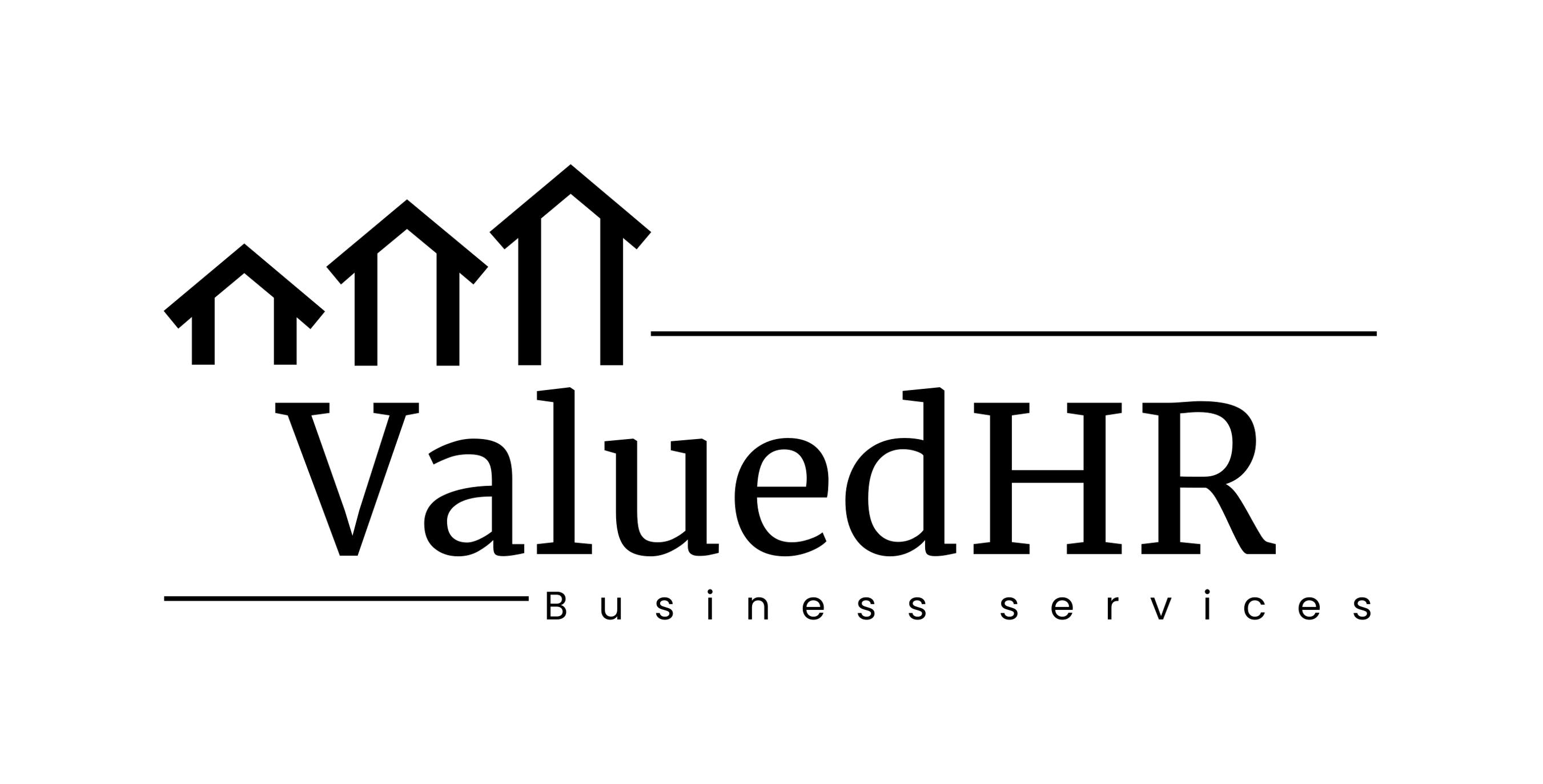Introduction: Remote work has evolved from a rare perk to a widespread reality, especially since...
Creating a Productive Remote Work Environment: Tips and Tricks for Success
Introduction: Remote work has evolved from a rare perk to a widespread reality, especially since the COVID-19 pandemic. While it offers flexibility and convenience, it also presents unique challenges. Creating a productive remote work environment is essential for maximizing efficiency and maintaining work-life balance. In this article, we’ll share effective tips and tricks to help you optimize your remote work setup.
Designate a Dedicated Workspace: Establishing a designated workspace is the first step toward creating a productive remote work environment. Choose a quiet, comfortable area in your home, free from distractions. A dedicated workspace helps you mentally separate work from personal life and signals to others in your household that you are in "work mode."
Optimize Your Ergonomic Setup: Invest in ergonomic furniture and equipment to support your physical health. A comfortable chair, an adjustable desk, and proper lighting are key to enhancing productivity. Pay attention to your posture, and take regular breaks to stretch and move around. An ergonomic setup is crucial for long-term comfort and efficiency.
Ensure High-Speed Internet: A reliable, high-speed internet connection is non-negotiable for remote work. Slow or unreliable internet can hinder your productivity and lead to frustration. If possible, consider a backup connection option to ensure uninterrupted work. A stable connection is vital for seamless communication and collaboration.
Set and Stick to a Routine: Maintaining a consistent daily routine helps foster discipline and productivity. Set specific working hours, start your day at the same time, and take scheduled breaks. Establishing a clear end to your workday also helps maintain work-life balance. A routine creates structure and helps you stay focused.
Dress for Success: Even when working from home, dressing the part can have a positive impact on your mindset. While formal office attire may not be necessary, changing out of your pajamas into comfortable yet presentable clothes can help you feel more professional and ready to tackle your tasks. Dressing for success can boost your confidence and productivity.
Prioritize Communication: Effective communication is key to successful remote work. Use tools like video conferencing, instant messaging, and project management platforms to stay connected with colleagues. Regular check-ins and status updates ensure everyone is aligned and on the same page. Clear communication fosters collaboration and minimizes misunderstandings.
Utilize Task Management Tools: Organize your workload with task management and project tracking tools like Trello, Asana, or Microsoft Teams. These platforms help you set priorities, track progress, and collaborate efficiently with team members. Proper task management is essential for staying on top of your responsibilities.
Minimize Distractions: Identify potential distractions in your workspace and take steps to eliminate them. Turn off notifications for personal apps during work hours, set specific times for checking emails, and inform household members of your focused work periods. Minimizing distractions helps maintain concentration and productivity.
Maintain a Healthy Work-Life Balance: It’s easy to blur the lines between work and personal time when your office is at home. Set clear boundaries for work and personal time to avoid overworking. Make time for hobbies, exercise, and relaxation to recharge and maintain overall well-being. A healthy work-life balance is crucial for long-term success.
Take Regular Breaks and Move: Taking regular short breaks can actually boost productivity. Techniques like the Pomodoro Technique (25 minutes of focused work followed by a 5-minute break) help maintain energy levels. Incorporate physical movement into your breaks to avoid prolonged sitting and promote circulation.
Conclusion:
Creating a productive remote work environment requires a combination of practical strategies and a proactive mindset. By designating a suitable workspace, establishing routines, and leveraging communication and task management tools, you can overcome the challenges of remote work while maximizing efficiency and well-being. The key is finding a balance that works for you, allowing you to thrive in this evolving work landscape.



